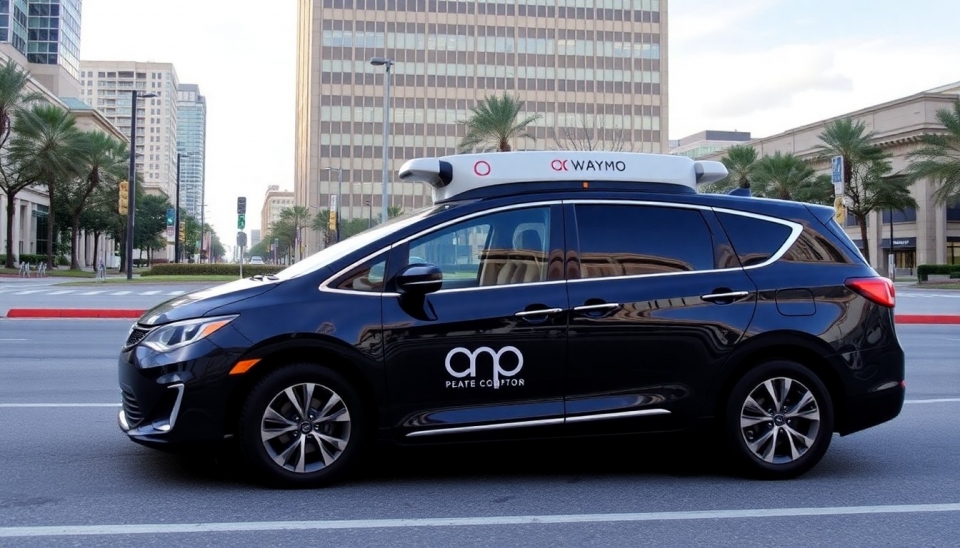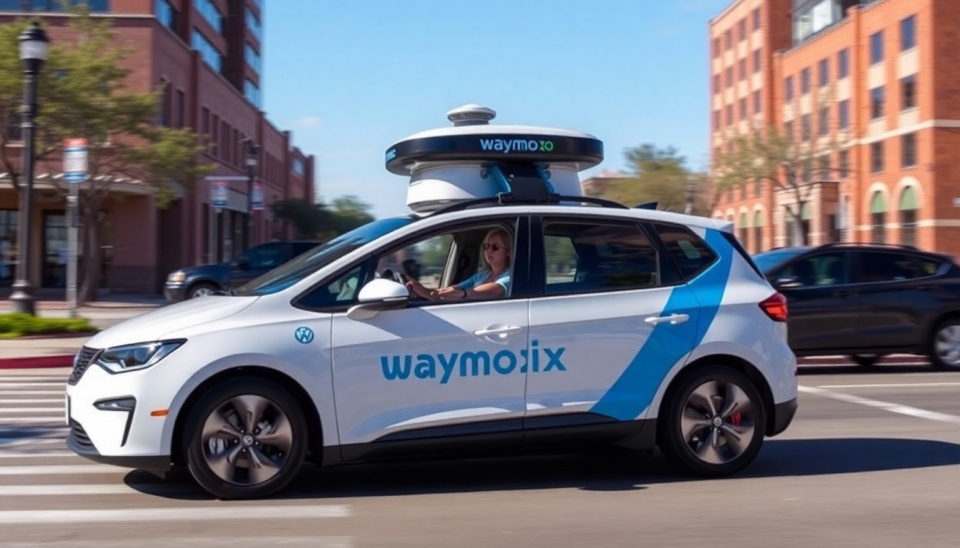
In a bold move to expand its business model beyond ride-hailing and food delivery, Uber has announced its entry into the artificial intelligence (AI) data labeling sector. This strategic pivot allows the tech giant to leverage its existing gig economy infrastructure by enlisting freelance coders to assist in the growing demand for quality data sets, essential for training AI models.
Data labeling is a critical step in machine learning that involves annotating information, such as images or texts, so that AI systems can learn from them effectively. As AI's role in various industries continues to skyrocket, the need for accurately labeled data has surged, presenting a lucrative opportunity for a company like Uber, which has a proven track record in managing a large workforce of gig workers.
The initiative, termed "Uber AI," aims to recruit independent contractors—dubbed "gig coders"—who will perform this niche task. Uber's model is designed to attract a diverse pool of talent, enabling workers flexibly from anywhere, thus capitalizing on the existing gig economy framework that has been part of its operations for years.
The move into AI data labeling is particularly timely, as businesses across sectors scramble to integrate advanced AI technologies. By introducing this service, Uber not only diversifies its revenue streams but also positions itself as a significant player in the AI sector, responding to the burgeoning industry's insatiable appetite for quality annotated data.
Uber's foray into this domain is underscored by its strategic partnerships with technology firms and research institutions, which are increasingly relying on annotated datasets for their AI models. This alignment with established entities in the tech space enhances Uber's credibility and opens avenues for collaboration that could amplify its offerings in the future.
Furthermore, the initiative is set against a backdrop of broader trends in the gig economy, where companies are increasingly turning to freelance labor to meet fluctuating demands. Uber’s transition into AI data labeling illustrates how traditional companies can adapt and innovate within the dynamic work environment shaped by technology.
As competitors in the tech sector also seek to invest in AI capabilities, Uber’s entry into this field signals a competitive divergence for the company. With tech giants like Amazon and Google making similar moves, the race is on for companies to develop strong foundations for their AI strategies, placing data labeling at the forefront.
In conclusion, Uber's expansion into AI data labeling is a multifaceted strategy that leverages its existing gig economy model while addressing the urgent demand for high-quality data in the AI landscape. This move not only strengthens Uber's position in the market but also highlights the evolving nature of work in an increasingly digital and automated world.
As the story unfolds, industry observers will be keen to see how Uber navigates this new territory and the implications it could have for the gig economy and the future of AI development.
#Uber #AI #DataLabeling #GigEconomy #ArtificialIntelligence #TechNews
Author: Emily Collins




